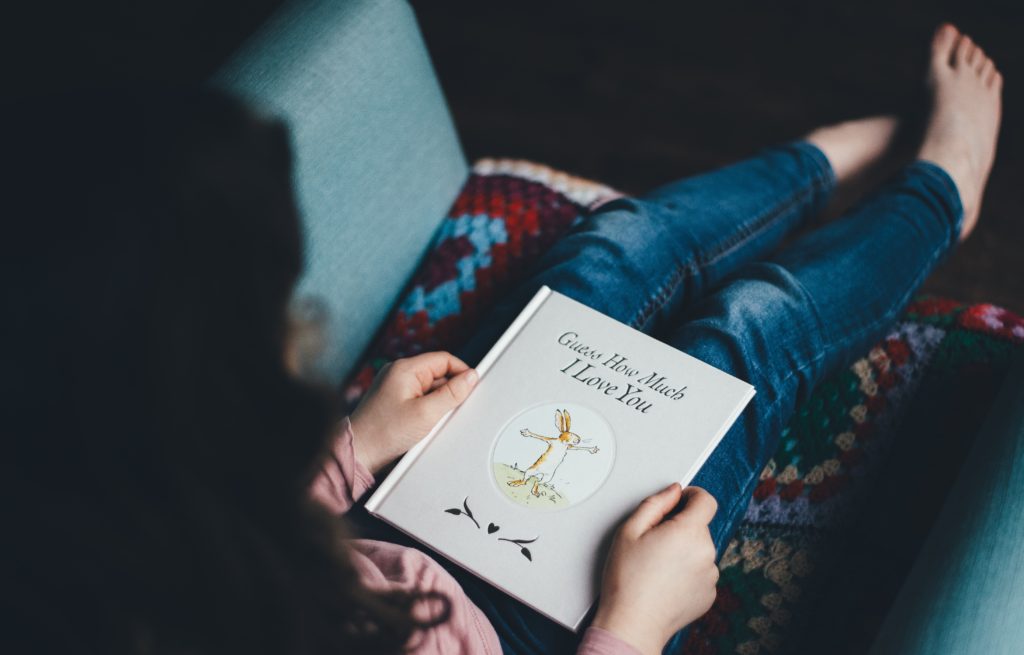Do you ever feel frustrated, annoyed or resentful when you hear people complaining about their kids?
…like when your friend vents about how her newborn keeps her awake at night?
…or when your sister-in-law gripes about her pregnancy symptoms?
… or your co-worker complains about her kids and tells you she just wants give them away .
And then you have to sit there and pretend like you’re totally fine, while the truth is you are actively fighting the urge to flip over the table and scream “are you kidding me! You know what’s hard?! NOT parenting when you are supposed to be!! you inconsiderate jerk!!!”
(because apparently that would be impolite.)
I think we’ve all been there.

I had someone tell me recently that they have had the realization that they don’t want their friends and family to feel sorry for them;
they just want their friends to be grateful for the blessings that they have in their life, to truly appreciate the fact that they get to parent their children and watch them grow up.
Yep. I totally relate to that feeling. I think we all can.
But here’s the problem with that position: You are setting yourself up to get really pissed off. On a regular basis.
So here’s what you need to hear to save yourself from a lot of extra pain and frustration that you just don’t need right now:
We have no control over what other people feel, think, or how they live their lives. We just don’t. And if we make our wellbeing or recovery dependent on what anyone else responds to our tragedy. then we are putting ourselves in a very precarious position.
And giving away our power.
While there is something truly kind hearted and gracious about wanting others to be able to use our tragedy as a nudge to parent more fully and more consciously, such an epiphany is fleeting a best.

While sitting across the table from the mother who had to bury a child, or the woman who never got to meet her baby face to face, it would seem totally logical to assume that the Bystander would fall to their knees the moment they got home, thank the God of their choice for their sweet lottery luck, kiss their kids and vow to treat them well from this moment on, but they don’t. In fact, typically, most people will continue to remain pretty oblivious about the whole thing and will likely return to the lunch room tomorrow to complain some more about unfair life is since their happy, healthy kids gave them stretch marks and restricted sleep schedules.
Cause they just don’t get it. That’s actually one of the key features of being the Bystander to someone else’s devastation. You are spared from having to understand it. Even your most empathetic, kind hearted friends, the one who might be able to get a closer glimpse of what you are going through, likely will not be able to hang onto that awareness.
Ignorance is bliss, as they say.
Because going through the loss of a baby forces you to touch bottom in the deepest, darkest, scariest places within yourself.
And it is almost impossible to explain what we find there to someone who hasn’t had to go to that place within herself. (and let’s be honest, most people can’t tolerate thinking about the universal vulnerability of that darkness for more than a brief moment or two.)
And yet, this is the place where we live now.
So in today’s video, I’m sharing a few ideas to give you stronger, lasting relief as you cope with the sharp, twisted, and often opposing realities of life as a grieving mom when you are with your well intentioned, but inevitably oblivious friends and family.
I hope you find it helpful and that it reminds you that you are not alone. And if you found this useful, then please share it and help me on my mission of breaking the silence and isolation surrounding baby loss.
Lots of Love,


leave a comment